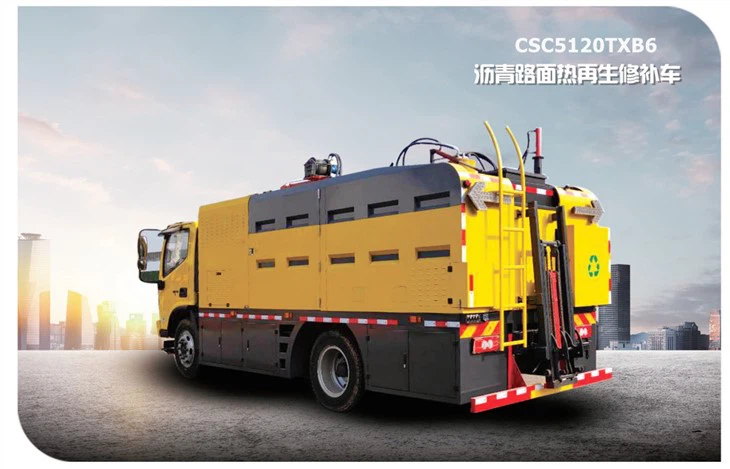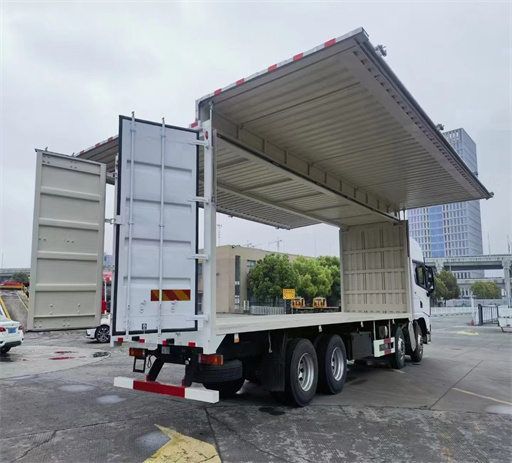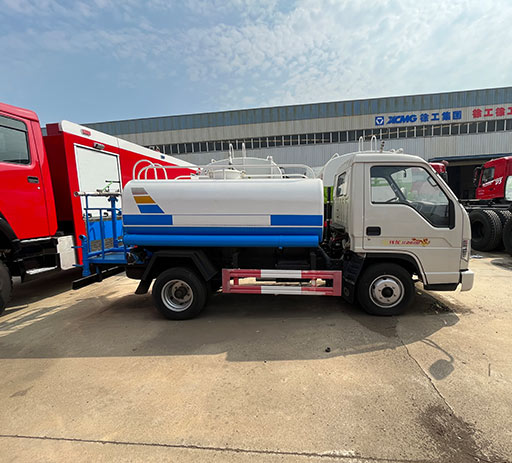Electric Conversion Kits for Trucks: A Comprehensive Guide

As the world moves towards sustainability, electric vehicles are becoming increasingly popular. One innovative option for truck owners is to convert their existing vehicles into electric trucks using electric conversion kits. This article will explore the benefits, components, types of kits available, and practical tips for a successful conversion.
Understanding Electric Conversion Kits
Electric conversion kits for trucks are essentially packages that allow traditional internal combustion engine trucks to be converted into electric vehicles. These kits encompass various components designed to replace the truck’s gas or diesel engine with electric power.
Benefits of Electric Conversion
- Reduced Emissions: By converting to electric, truck owners reduce their carbon footprint significantly.
- Cost Savings: Electric trucks can be more cost-effective to operate; savings on fuel and maintenance can add up over time.
- Increased Efficiency: Electric motors provide instant torque and can often be more efficient than traditional engines.
Components of Electric Conversion Kits
Most electric conversion kits include the following key components:
| Component | Description |
|---|---|
| Electric Motor | The heart of the electric conversion, providing the necessary power to drive the wheels. |
| Battery Pack | A collection of batteries that store energy to power the motor, determining the range of the vehicle. |
| Controller | Regulates the power between the battery and the motor, controlling speed and torque. |
| Charger | A device that replenishes the battery pack’s energy using standard electrical outlets. |
| Wiring and Connectors | Essential for connecting various components together safely and effectively. |
Types of Electric Conversion Kits
When looking for electric conversion kits, they generally fall into two categories, each with unique attributes:
1. Complete Conversion Kits
Complete kits come with all necessary components for a full conversion. They offer a streamlined installation process, often including comprehensive instructions.
Example of a Complete Kit
One popular option is the NetGain Electric Motors Kit, which includes a powerful electric motor, battery management system, and everything needed for installation.
2. Partial Conversion Kits
Partial kits focus on certain components, allowing owners to customize their conversion based on their needs or existing components they may have.
Examples of Partial Kits
- Battery Upgrade Kits: Improve the existing battery setup for greater efficiency and range.
- Motor Replacement Kits: Replace only the motor while keeping other components intact.
Choosing the Right Electric Conversion Kit
Selecting the appropriate conversion kit for your truck can be daunting. Here are some factors to consider:
Vehicle Compatibility
Ensure the kit is designed to fit your truck’s make and model. Most manufacturers provide a list of compatible vehicles.
Range and Performance Goals
Assess how far you need to drive on a single charge and choose a kit that offers a sufficient battery capacity to match your range needs.
Budget Considerations
Set a budget that includes the cost of the kit, installation, and any additional components or modifications you may need.
Warranty and Support
Look for kits with warranties or manufacturer support for troubleshooting and repairs if needed.
Installation Process
While some truck owners may choose professional installation, DIY enthusiasts might prefer to tackle the project themselves. Here’s a general outline of the installation process:
Tools Required
- Wrenches
- Screwdrivers
- Multimeter
- Jack and jack stands
Step-by-Step Guide
- Remove the existing internal combustion engine and components.
- Install the electric motor in place of the engine.
- Position the battery pack securely in the truck bed or undercarriage.
- Connect the controller to the motor and battery pack.
- Install the charger and ensure proper wiring.
- Perform thorough testing before taking it on the road.
Practical Examples of Electric Conversion Kits in Action
Several companies and DIY enthusiasts have successfully converted trucks to electric using various kits:
Company Case Study: Electric Truck Solutions
Electric Truck Solutions converted a Ford F-350 using a complete kit from their own product line, successfully achieving a range of 200 miles with a fully charged battery.
DIY Enthusiast Success Story
A retired mechanic converted a vintage Chevrolet C10 using a partial kit. By sourcing a compatible electric motor and upgrading the battery system, he created a classic truck with modern electric performance.

Maintenance of Electric Conversion Trucks

Maintaining an electric vehicle requires a different approach than traditional trucks. Here are some tips for keeping your electric truck in top condition:
Battery Care
Monitor the health of the battery regularly. Keep it charged to prevent damage, and follow the charging regulations provided with your kit.
Components Inspection
Regularly checkwiring and connectors for wear or damage, and ensure that the motor and controller are functioning correctly.
Software Updates
If your kit includes software for performance management, keep it updated to ensure optimal performance.
The Future of Electric Conversion Kits
The market for electric conversion kits is rapidly evolving, with ongoing advancements in technology and an increasing emphasis on sustainability. Major trends include:
Integration of Advanced Technology
Future kits will likely incorporate smart technology for better energy management and efficiency.
Regulatory Support
Expect increased support from governments aimed at reducing emissions, possibly offering incentives for those converting vehicles to electric power.
FAQs About Electric Conversion Kits for Trucks
1. How much does it cost to convert a truck to electric?
The cost can vary widely depending on the type of kit and truck being converted, with prices typically ranging from $5,000 to $25,000.
2. How long does the conversion process take?
The timeline for converting a truck can be anywhere from a few days to several weeks, depending on the complexity and the installer’s expertise.
3. Are electric truck conversions legal?
Yes, but regulations differ by state and country. Check local laws to ensure compliance post-conversion.
4. Can commercial trucks be converted to electric?
Yes, many companies specialize in converting commercial trucks, which can significantly reduce fuel costs and emissions.

5. What kind of maintenance do electric trucks require?
Electric trucks require less maintenance than traditional trucks, primarily focusing on battery health, ensuring connections are intact, and checking software updates.
6. Where can I find conversion kits for my truck?
Conversion kits can be found through specialized automotive suppliers, local mechanics that focus on electric vehicles, and online marketplaces.
